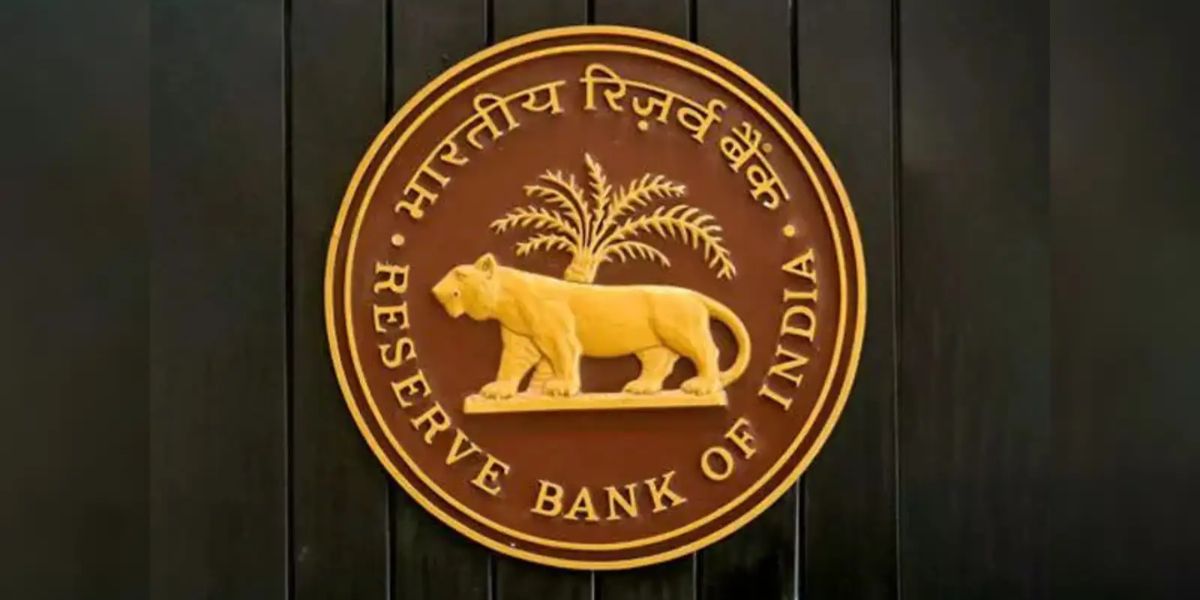With environmental concerns growing globally, India’s public sector banks (PSUs) have taken a leading role in financing green and sustainable projects. As the world focuses on combating climate change, India is working to meet its environmental targets, and PSU banks are key players in this green transformation. These institutions are utilizing their resources and expertise to support eco-friendly initiatives, ranging from renewable energy projects to sustainable infrastructure development. This article explores the significant contributions of PSU banks in India’s journey toward a greener future.
What Is Green Financing and Why It Matters?
Green financing refers to the provision of financial resources for projects that benefit the environment. These projects typically focus on renewable energy, waste management, sustainable agriculture, and energy-efficient infrastructure. The aim is to help mitigate the effects of climate change, reduce carbon emissions, and promote sustainable practices across industries.
Table of Contents
India has committed to ambitious climate goals, and the country is increasingly turning to its financial sector, including PSU banks, to help fund these efforts. These banks have the unique ability to drive long-term sustainability by allocating funds to projects that protect natural resources and promote eco-friendly practices.
How PSU Banks Are Supporting Green Financing in India
Public sector banks in India, including State Bank of India (SBI), Punjab National Bank (PNB), and Bank of Baroda (BoB), are at the forefront of financing green projects. By offering specialized loans and funding for environmentally sustainable projects, PSU banks are playing a crucial role in supporting India’s green transition.
Renewable Energy Financing
PSU banks have made substantial investments in the renewable energy sector, funding projects in solar, wind, and hydropower. State Bank of India (SBI), for example, has committed significant resources to renewable energy, including a partnership with international organizations like the World Bank. These investments support the growth of clean energy, which is critical for reducing India’s dependency on fossil fuels.
Sustainable Agriculture Initiatives
Sustainability in agriculture is another area where PSU banks are making an impact. With India being a largely agrarian economy, sustainable farming practices are essential for both economic growth and environmental preservation. NABARD, a prominent PSU, supports farmers in transitioning to organic farming, adopting water-efficient practices, and implementing eco-friendly methods for crop production.
Green Infrastructure Development
Green infrastructure projects are pivotal to reducing urban pollution and promoting environmental health. PSU banks are funding eco-friendly urban development projects, such as green buildings and smart transportation systems. Punjab National Bank (PNB) has been involved in financing green building projects that meet international sustainability standards, ensuring that future urban developments minimize environmental impact.
Government Initiatives Supporting Green Financing by PSU Banks
India’s government has rolled out several policies to encourage the growth of green financing. The National Action Plan on Climate Change (NAPCC) and schemes like the Perform, Achieve, and Trade (PAT) program create a favorable environment for PSU banks to fund sustainable projects. The government is also driving the development of green bonds, a financial tool that allows PSU banks to raise capital for green initiatives. This support ensures that banks have the necessary resources to invest in projects that align with India’s environmental goals.
Challenges in Financing Green Projects
Despite the progress, there are several challenges in financing green initiatives. Green projects often require large upfront investments, and the long payback periods can deter potential investors. Additionally, the complexity of assessing the risks and returns from environmental projects can make green financing less attractive to traditional investors. However, PSU banks are addressing these challenges by collaborating with international financial institutions and developing specialized financial products that mitigate risk and encourage investment in green projects.
The Future of Green Financing in India
The future of green financing in India is promising, with increasing recognition of the importance of sustainable development. PSU banks are likely to take an even more prominent role as the demand for clean energy and sustainable practices continues to rise. The government’s commitment to a net-zero carbon economy by 2070 will provide more opportunities for green financing, and PSU banks will be essential in achieving these ambitious goals.
Banks like SBI are already integrating Environmental, Social, and Governance (ESG) factors into their lending decisions, ensuring that financial support goes to projects that have long-term positive impacts on the environment and society.
Conclusion: PSU Banks Paving the Way for a Greener Future
Public sector banks in India are making significant strides in financing sustainable projects, from renewable energy and sustainable agriculture to green infrastructure development. Their efforts are helping India transition to a low-carbon economy while supporting the government’s climate commitments. By continuing to integrate green financing into their operations, PSU banks are not only contributing to environmental sustainability but also fostering economic growth and innovation.
What role do you think PSU banks will play in India’s future green economy? Share your thoughts and experiences with us in the comments below.










